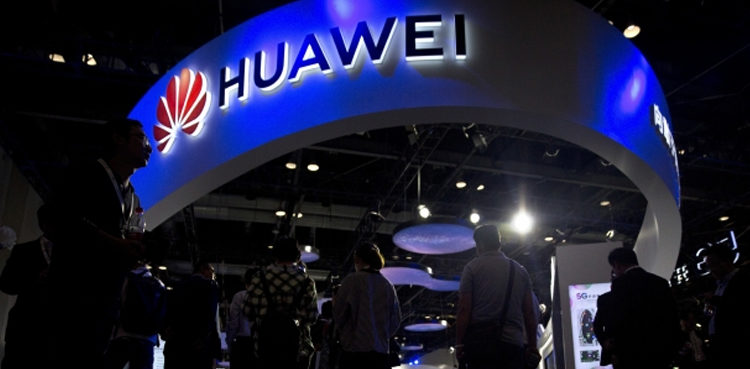Mobile network operator's body GSMA considers crisis meeting over Huawei

PARIS (Reuters) - Mobile communications industry body GSMA has proposed its members discuss the possibility that Chinese network vendor Huawei is excluded from key markets, amid concerns such a development could set operators back by years.
The European Commission is weighing a de facto ban on Huawei’s 5G network equipment for next-generation mobile networks in the European Union due to security concerns, sources in Brussels have told Reuters.
GSMA Director General Mats Granryd has written to members proposing to put the debate around Huawei onto the agenda of its next board meeting, a spokesman for the federation told Reuters on Saturday.
The meeting will be held in late February on the sidelines of the Mobile World Congress, the industry’s biggest annual gathering, in Barcelona.
“It is to be confirmed for now,” he said.
Some Western countries, including the United States and Australia, have restricted Huawei from building next-generation mobile networks, citing concerns that its equipment may contain ‘back doors’ opening it up to cyber-espionage.
Western governments are also concerned that China’s National Intelligence Law requires its companies and people to collaborate in espionage efforts.
Huawei, the global market leader with annual sales of more than $100 billion, denies the existence of any back doors. The company and its founder Ren Zhengfei have repeatedly denied they would spy for China.
Many operators rely on Huawei to build out 5G networks, and a de-facto ban would be a considerable setback for Europe’s efforts to stay competitive in communications, with implications for connected factories, self-driving cars and medical technology.
Deutsche Telekom, Europe’s largest telecoms company, has said that, if it had to rip out Huawei equipment from its existing networks, this could delay its plans to roll out new services by two to three years.







